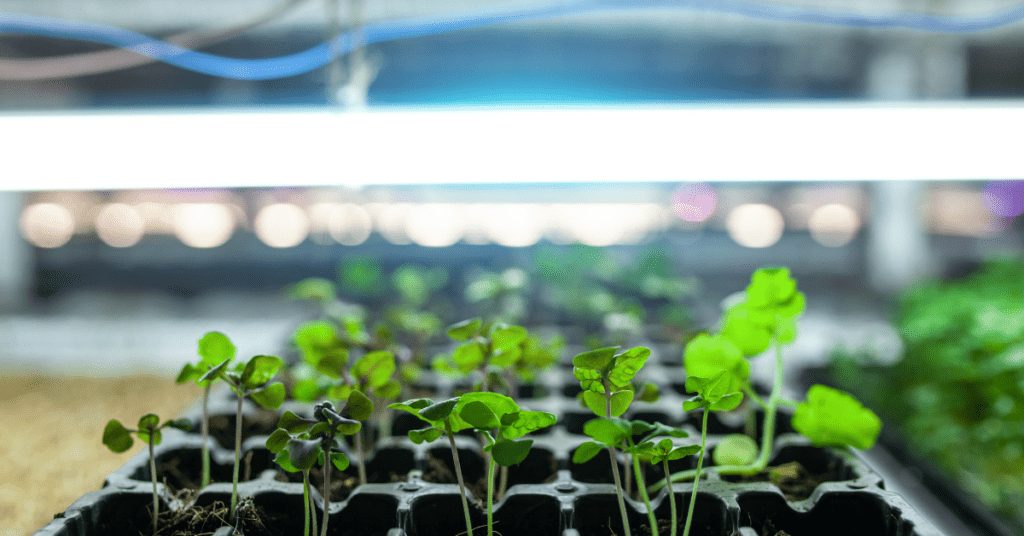Rajasthan, a state synonymous with deserts and arid landscapes, is undergoing a remarkable transformation. Hydroponic farming, a method of cultivating plants without soil, is emerging as a viable and sustainable solution to the region’s agricultural challenges. This blog explores the concept of hydroponic farming in Rajasthan, its benefits, and its potential to revolutionize agriculture in the state.
Understanding Hydroponic Farming
- Water conservation: Hydroponic systems can reduce water usage by up to 90% compared to traditional agriculture.
- Nutrient control: Precise control over nutrient delivery ensures optimal plant growth and development.
- Pest and disease management: The controlled environment of hydroponic systems can minimize the risk of pests and diseases.
- Year-round production: Hydroponic farming allows for continuous crop production, regardless of the season.
Hydroponic Farming in Rajasthan: A Viable Solution
Rajasthan, with its limited water resources and extreme temperatures, presents unique challenges for traditional agriculture. Hydroponic farming offers a promising solution to these problems:
- Water scarcity: The efficient water usage of hydroponic systems aligns well with Rajasthan’s arid climate.
- Temperature extremes: Controlled environments in hydroponic setups can mitigate the impact of temperature fluctuations.
- Land limitations: Hydroponic systems can be implemented in vertical spaces, making them suitable for regions with limited arable land.


Challenges and Opportunities
While hydroponic farming offers significant benefits, it also faces certain challenges in Rajasthan:
- Technical expertise: Successful hydroponic farming requires specialized knowledge and skills.
- Energy consumption: The operation of hydroponic systems can be energy-intensive.
Despite these challenges, hydroponic farming presents numerous opportunities for Rajasthan:
- Job creation: The growth of the hydroponic industry can create employment opportunities in rural areas.
- Food security: Hydroponic farming can contribute to food security by ensuring a reliable supply of fresh produce.
- Export potential: High-quality produce grown using hydroponic methods can be exported to domestic and international markets.
Off-Grid Hydroponics: A Sustainable Approach
To address the energy consumption concerns associated with hydroponic farming, off-grid solutions are gaining popularity. By harnessing renewable energy sources like solar and wind power, hydroponic systems can become more sustainable and environmentally friendly.
- Solar-powered hydroponics: Integrating solar panels into hydroponic systems can provide a reliable and clean energy source.
- Wind-powered hydroponics: In regions with strong winds, wind turbines can generate electricity for hydroponic operations.
The Future of Hydroponic Farming in Rajasthan
Hydroponic farming has the potential to revolutionize agriculture in Rajasthan. By addressing the region’s unique challenges and leveraging its advantages, this innovative technique can contribute to a greener, more sustainable future.
As awareness and adoption of hydroponic farming continue to grow, Rajasthan can become a leader in this emerging agricultural sector. By embracing hydroponics, the state can ensure food security, create jobs, and protect its valuable natural resources.
